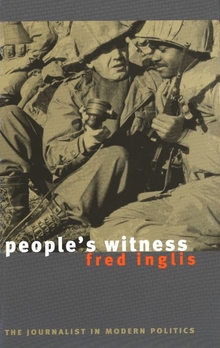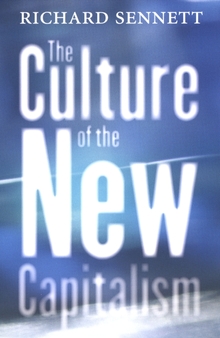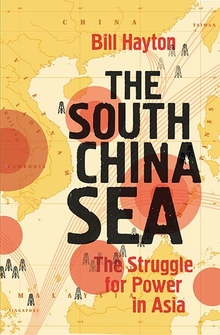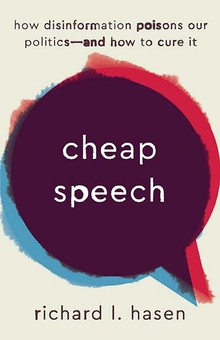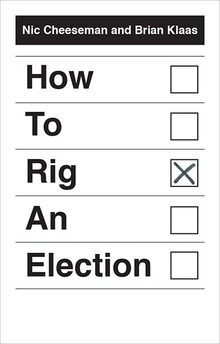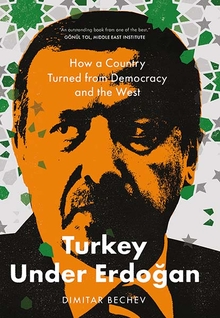People's Witness
WARNING
You are viewing an older version of the Yalebooks website. Please visit out new website with more updated information and a better user experience: https://www.yalebooks.com
The Journalist in Modern Politics
Fred Inglis
Now, more than ever, political journalists are central figures in the titanic struggles of modern history, not only telling us about events but also interpreting them and shaping our views. This engrossing book explores the relationship between journalism and politics in the twentieth century and tells the stories of the journalists—both good and bad—who have played major roles.
Fred Inglis tracks the flamboyant biographies of giants of the genre, from the early newspapermen during the Russian revolution to those who reported on the Spanish Civil War, the hideous discoveries at Dachau, and the fall of the Berlin Wall. He scrutinizes news proprietors such as Joseph Pulitzer, Katharine Graham, and Rupert Murdoch; writer-journalists like George Orwell, Evelyn Waugh, Andre Malraux, and Martha Gellhorn; and journalists of conscience—William Shirer in Nazi Germany, James Cameron in Asia, Neil Sheehan in Vietnam, Norman Mailer at the Pentagon, Bob Woodward and Carl Bernstein after Watergate, and others. Inglis examines the great pioneers of broadcast news journalism, notably Ed Murrow, Walter Cronkite, and Alistair Cooke, as well as such contemporary journalists as Christopher Hitchens and the BBC’s John Simpson. He explores the relations between political journalists and their all-powerful proprietors and exposes fascinating instances of pomposity, misjudgment, and downright untruthfulness, as well as moments of courage and responsibility.
In turns wise, insightful, funny, and biting, this sweeping narrative measures each journalist against the best principles of the vocation and silhouettes some of their most dramatic life stories against the moral horizons of the epoch.
Fred Inglis tracks the flamboyant biographies of giants of the genre, from the early newspapermen during the Russian revolution to those who reported on the Spanish Civil War, the hideous discoveries at Dachau, and the fall of the Berlin Wall. He scrutinizes news proprietors such as Joseph Pulitzer, Katharine Graham, and Rupert Murdoch; writer-journalists like George Orwell, Evelyn Waugh, Andre Malraux, and Martha Gellhorn; and journalists of conscience—William Shirer in Nazi Germany, James Cameron in Asia, Neil Sheehan in Vietnam, Norman Mailer at the Pentagon, Bob Woodward and Carl Bernstein after Watergate, and others. Inglis examines the great pioneers of broadcast news journalism, notably Ed Murrow, Walter Cronkite, and Alistair Cooke, as well as such contemporary journalists as Christopher Hitchens and the BBC’s John Simpson. He explores the relations between political journalists and their all-powerful proprietors and exposes fascinating instances of pomposity, misjudgment, and downright untruthfulness, as well as moments of courage and responsibility.
In turns wise, insightful, funny, and biting, this sweeping narrative measures each journalist against the best principles of the vocation and silhouettes some of their most dramatic life stories against the moral horizons of the epoch.
Fred Inglis is professor of cultural studies at the University of Sheffield. A long-standing contributor to the Nation, the New Statesman, and the London Independent, he is also the author of numerous books.
“Inglis is one of the rare writers about journalism . . . who combine a thorough knowledge of media theory with a bursting curiosity about journalistic practice.”—Victor Navasky
“This detailed and revealing account of the major players in journalistic history is introduced with precision timing into a society quick to question the media’s intent and power. Inglis details the impact journalists can and have had on the outcomes of war or on the general opinions of war. . . . Based on vast research, this work is recommended for larger public and academic libraries.”—Library Journal
“Inglis’s . . . sensibility is philosophical and anthropological, his method biographical and anecdotal. . . . People’s Witness is particularly timely because journalists today are experiencing a crisis of narrative. There is a sense that the message has overwhelmed the medium.”—Robert S. Boynton, Los Angeles Times Book Review
“Inglis writes in an engaging style that adds immensely to this enormously appealing look at the individuals and events that constitute the culture of modern journalism.”—Booklist
"Here, at last, is a book which rescues journalism from the clutches of the sociologists, ’many of whom have over-examined and misunderstood it,’ and offers us a view of the profession which will not only be of inestimable value to academics generally but, importantly and more unusually, to the general public and to the hacks themselves."—John Horgan, Irish Times
“People’s Witness is more than a collective biography that extols engaged journalism and criticizes conventional ideas about objectivity. What makes this book valuable is not one life story or another but its historical perspective—the place of journalism from World War I to 1989.”—Robert W. Snyder, The Nation
"People’s Witness is a news journalist’s dream. . . . An extremely well researched document. . . . People’s Witness is an accessible and thoroughly enjoyable sojourn through the last century of the ways and hows politicians and the masses have communicated through print media."—Derek Beres, Global Rhythm
"Extensively researched. . . . Inglis wraps up tight packages on complicated issues, discussing power, democracy and journalism with ease and fluidity. . . . He offers a wealth of knowledge on more than just journalism in an often captivating take on history."—Shelby Polakoff, National Journal
ISBN: 9780300093278
Publication Date: March 11, 2002
Publication Date: March 11, 2002
432 pages, 6 x 9 1/2
16 b/w illus.
16 b/w illus.

